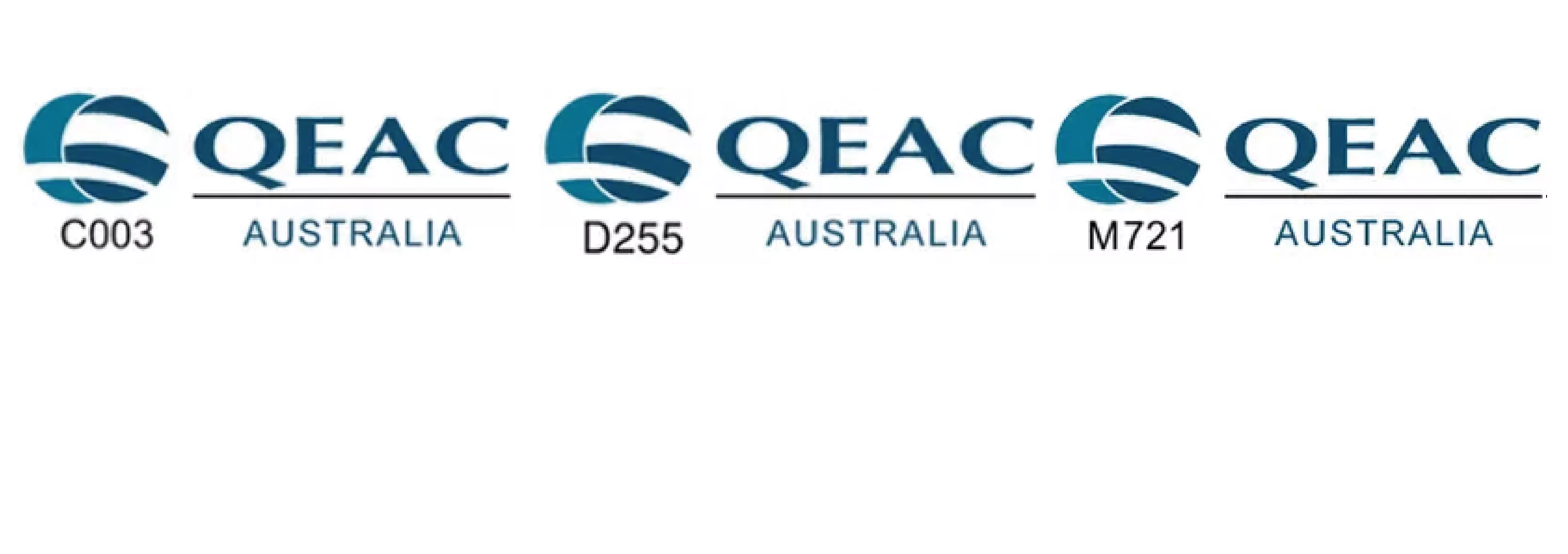We have introduced to you various types of relationships in Australia before, including couple/de-facto/spouse/marital relationship, etc. These different relationships are still very different in the legal sense in Australia. Today, we passed an appeal case for visa refusal, we would like to share this case with you so you understand the differences and provide you with some tips for your future visa applications!
Case analysis
Case name:
Chen (Migration) [2019] AATA 4282
https://bit.ly/34WslyI
Background:
The appellant applied for student visa together with main applicant as the spouse of the main applicant in July 2017. The requirements of the de-facto relationship for student visa is that the spouse and the main applicant must have a de-facto relationship for at least 12 months. In this case, the Immigration believes that the relationship between the appellant and the main applicant is genuine, but the actual de-facto relationship began in January 2017. In the Administrative Appeals Tribunal (AAT) appeal, AAT affirmed the decision of the Immigration Department.
Main point of dispute:
The appellant and the main applicant have known each other for eight years in Taiwan, and they have also maintained a romantic and de-facto relationship, but the evidence that can be provided is limited. Should AAT recognise this longer de-facto relationship?
Relevant laws and regulations:
Migration Regulation 1994 (Cth) Schedule 2, cl 500.311.
Main considerations of AAT
For the following reasons, AAT accepts that the relationship between the appellant and the main applicant’s spouse is true and stable, and partly supports them for a longer de-facto period, but the longer de-facto period is still less than 12 months.
1. The appellant claimed that he lived with the main applicant at her parents’ house in Taiwan. At the same time, a statement from the parents of the main applicant was provided to support their de-facto relationship. However, AAT believes that apart from the declaration of the main applicant’s parents, there is no other official document such as a rental agreement, joint account/property to support their relationship status.
2. The appellant explained that he and the main applicant have been together for eight years but is not married because marriage in Taiwan is a major event and is not to be taken lightly. AAT believes that the two people living with their parents during the de-facto period in Taiwan did not show a strong long-term relationship commitment based on the two people’s sharing of family responsibilities (the two are just sharing the room without excessive sharing responsibilities and obligations), this is more like a relationship between boy and girlfriends rather than a de-facto relationship defined by Australian Immigration law.
3. The appellant believes that the many years of relationship between himself and the main applicant can be verified by photos and travel evidence. At the same time, the two have also opened a company together, which can be regarded as the common property, which shows evidence that the two have a long-term commitment. However, AAT believes that during the operation of the company, the relationship between the appellant and the main applicant is more like the relationship between an employee and the boss, because the appellant does not have any ownership of the company, and is only responsible for the management of the employees.
4. When the appellant and the main applicant came to Australia for the first time, they held a working holiday visa, but neither of them declared eachother's existence when applying. However, based on all the evidence, AAT believes that the relationship between the two is true and credible, the recognisable de-facto time can be counted from the first day they arrived in Australia together, which is September 2016. But even with this calculation, they have still not met the 12-month de-facto period.
AC&T Analysis
• In Australia, if you want to apply for a visa as a spouse and as a secondary applicant, you must meet a 12-month de-facto relationship. If the de-facto relationship cannot be satisfied due to cultural reasons, then only a marriage certificate or de-facto certificate can be provided. Because the de-facto relationship is very similar to a marriage relationship under the definition of Australian Immigration law. It requires two people to live together and share a long-term relationship. A long-term relationship between boy and girlfriends does not meet the requirements.
• When applying for a visa, it is expected that your partner will apply for another visa together in the future, then you must declare the presence of the other party in the previous visa application as soon as possible. If you did not declare when you applied for the previous visa, no matter how long you have known each other, the Immigration can only assume that you met after submitting the visa, and the time you are together can only start after you submit the visa.
• Whether it is to prove the de-facto relationship or other duration, it is important to keep all official documents. If the de-facto relationship is proven, then the de-facto contract and the shared utility bills must be kept well. If it is to prove the working status, then the employment contract and payslips also need to be properly kept.





